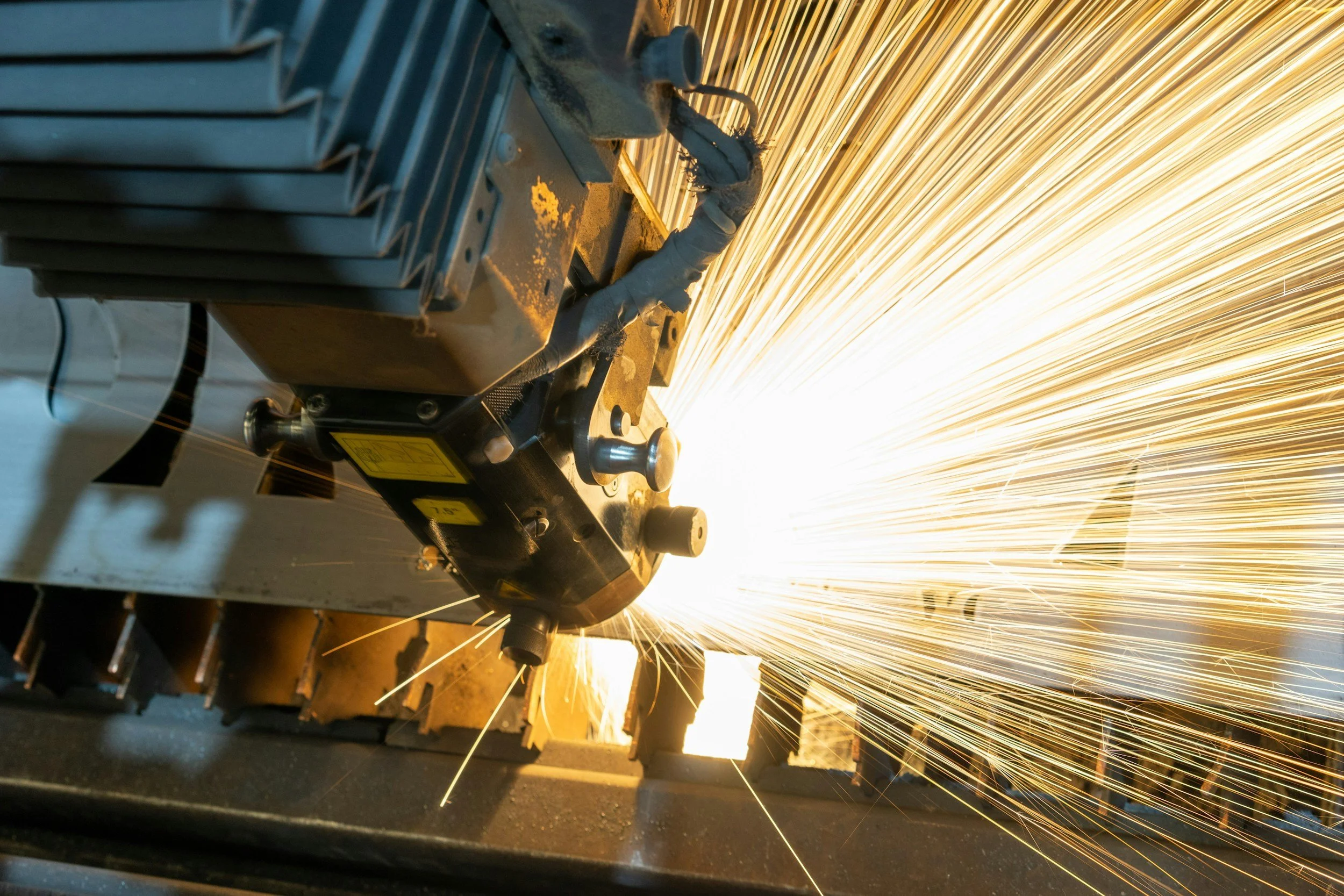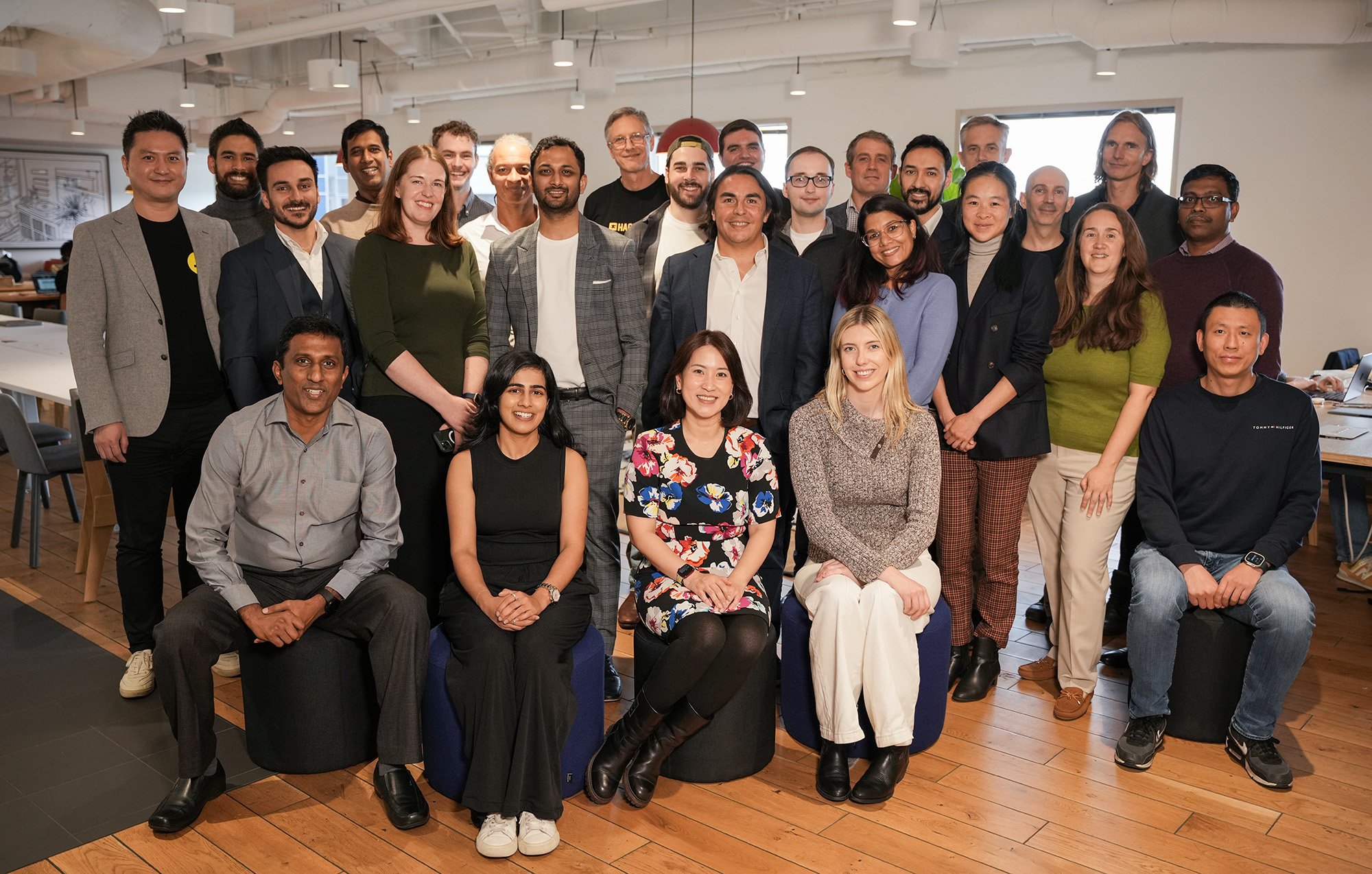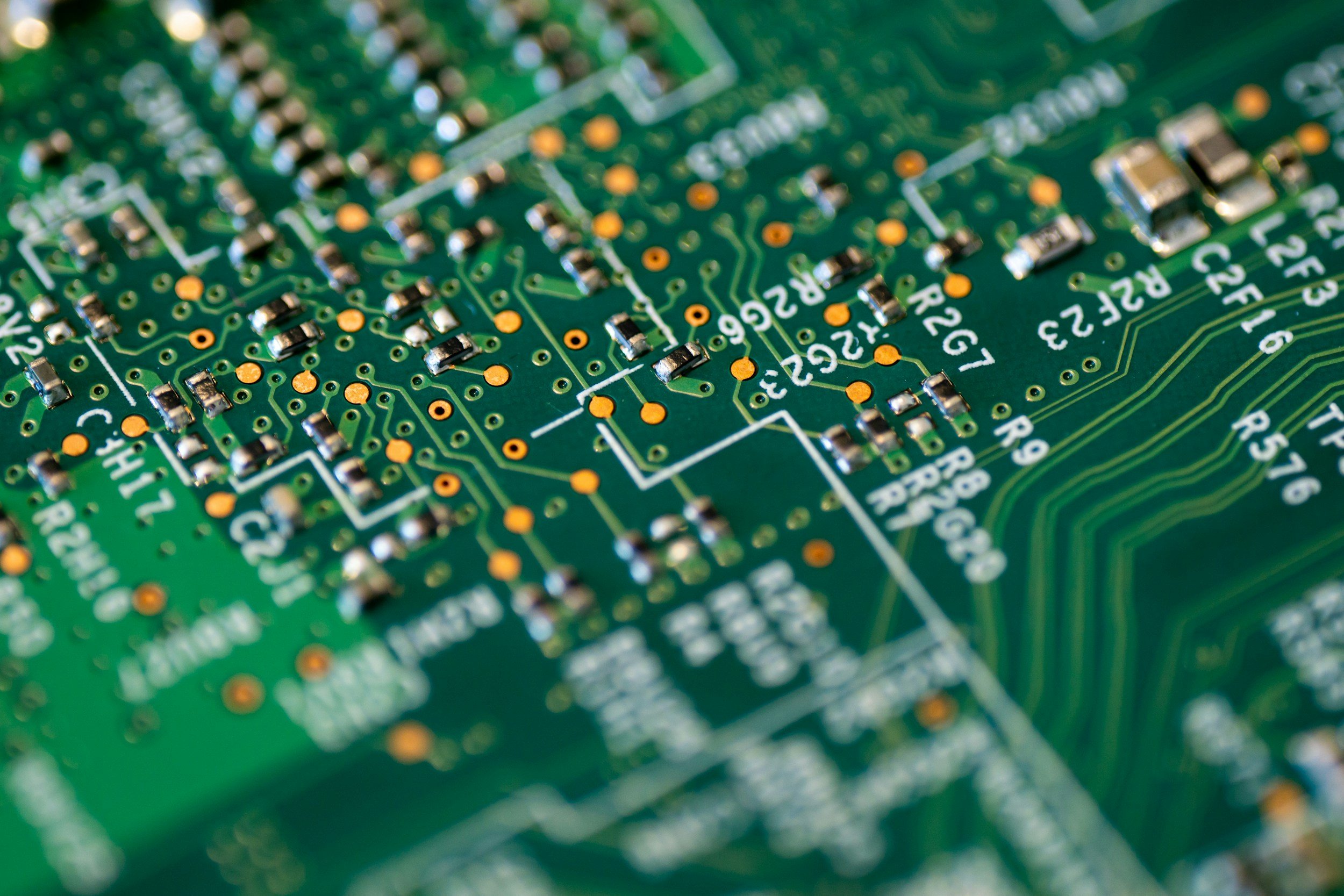UiPath CEO on AI’s Impact: Agentic Automation, Layoffs & the Future of Work
Image Credit: Clayton Cardinalli | Splash
UiPath, a software company focused on robotic process automation (RPA), is adapting to the rise of artificial intelligence while addressing internal changes. In a recent Decoder podcast interview, cofounder and CEO Daniel Dines discussed how AI, particularly agentic AI, is reshaping UiPath’s products, strategy, and workforce.
[Read More: Signal President Warns of Agentic AI Privacy Risks at SXSW 2025]
AI’s Role in Automation
RPA enables software to perform repetitive tasks, such as managing outdated billing systems in hospitals, by mimicking human actions. Dines explained that agentic AI, which can independently handle tasks like researching options or making recommendations, expands automation’s capabilities. Unlike RPA’s fixed rules, AI processes flexible tasks, such as gathering flight data, using natural language. UiPath is combining these technologies: AI manages variable tasks, while RPA handles precise actions, like processing payments. For example, in a travel booking system, AI could research flights, but RPA would ensure accurate transactions. This hybrid approach aims to broaden UiPath’s offerings, though it faces competition from AI startups promising more comprehensive solutions.
[Read More: Agentic AI in 2025: The Rise of Autonomous AI Agents by OpenAI, Microsoft and Nvidia]
Leadership Transition and Workforce Changes
Dines resumed the CEO role in May 2024 after Rob Enslin stepped down, following a period of market and execution challenges. UiPath also reduced its workforce by 10%, affecting about 400 employees, to streamline operations after overhiring in central functions. Dines described the layoffs as a tough but necessary decision. The company shifted its sales strategy to prioritize smaller, customer-focused deals over large contracts, aiming for more predictable revenue. To align with AI’s potential, over half of UiPath’s product and engineering teams now work on agentic AI projects. These changes reflect UiPath’s attempt to balance AI innovation with operational efficiency as a public company.
AI’s Effect on Jobs
Concerns about AI eliminating jobs, especially for office workers, surfaced in the discussion. Dines suggested that AI will gradually change roles rather than remove them outright. He noted that repetitive tasks are already automatable, and AI could shift jobs toward decision-making. In a loan approval process, for instance, AI might extract application details and suggest approvals, with humans reviewing decisions and RPA executing transactions. This workflow aims to maintain trust through human oversight. Dines acknowledged that AI’s full impact depends on adoption rates, which remain limited, indicating a slower transformation than some fear.
[Read More: Groundbreaking or Overhyped? Manus AI Sparks Debate in the Tech World]
Business and Market Dynamics
Unlike AI startups raising large investments without profit pressure, UiPath, as a public company, must generate returns while integrating AI technologies from providers like OpenAI and Anthropic. Dines highlighted exploring cost-effective AI models, such as DeepSeek, to lower expenses. In enterprise settings, UiPath works with legacy systems like SAP, where AI layers improve interfaces without replacing them. This contrasts with consumer platforms, where AI agents could reduce service providers’ profits by controlling interactions. UiPath’s experience with RPA, which faced similar access issues, informs its approach to negotiating AI integration with enterprise partners.
[Read More: South Korea Confirms DeepSeek’s Data Sharing with TikTok’s Parent ByteDance]
Changing Workplace Interactions
Dines observed that AI is altering how people interact with technology, citing examples of employees using brief commands in Slack to trigger bots. This shift toward concise communication hints at a future where AI agents might exchange minimal data to complete tasks, similar to RPA’s use of human interfaces. However, he expressed concern about AI-generated emails responding to each other, potentially reducing meaningful human exchange. UiPath aims to create controlled environments where AI agents operate within clear workflows, balancing efficiency with accountability.
[Read More: AI Achieves Self-Replication: A Milestone with Profound Implications]
Source: The Verge










